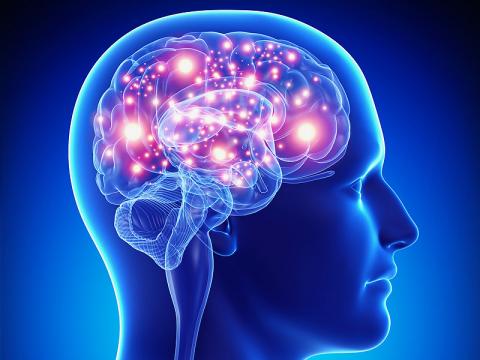
One out of every four patients that are admitted to hospitals to have their seizures evaluated do not have epilepsy. Oftentimes they will have PNES or psychogenic non-epileptic seizures. This is an extremely difficult to diagnose condition and can be quite debilitating for people living with it.
Almost 80% of those people that suffer from PNES or whose seizures are not caused by altered electrical activity in the brain have been misdiagnosed with epilepsy in the past. This often leads to people being prescribed medication that does not work and numerous return visits to emergency rooms.
However a new study by a group of researchers out of Yale University and Brigham Women’s Hospital in Boston has highlighted that psychiatric counselling does help patients with the condition.
Benjamin Tolchin, assistant professor of neurology at Yale said; “There’s a feeling among many physicians that there is nothing that can be done to treat these patients but our study shows that they can receive benefits from psychotherapy if they engage and complete the treatment”
It is believed that PNES has some underlying psychiatric causes and has been linked to PTSD, anxiety disorder, personality disorder and depression along with a history of abuse. To be diagnosed with PNES one generally needs to stay in hospital for at least four days in a specialized epilepsy-monitoring unit.
Tolchin explains that over 50% of patients with PNES will end up on disability and usually make frequent and repeated visits to hospital emergency departments. He also notes that there are substantial stigma associated with the disorder that includes suspicions that people are faking these seizures.
It was previously thought that PNES could only affect women however it has since been proven that men can develop PNES too.
The study this article refers to examined 105 patients and showed that those who received and accepted psychotherapy treatment were much more likely to achieve a 50% reduction in seizure frequency.
“We want to increase visibility of the condition because it is overwhelmingly misdiagnosed,” Tolchin said.
Gaston Baslet of the Department of Psychiatry at Brigham and Women’s Hospital and Harvard Medical School is senior author of the paper, which was primarily funded by the American Academy of Neurology and a Veterans Administration VISN1 Career Development Award.
